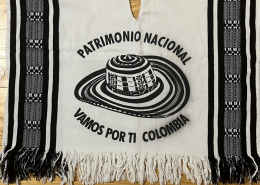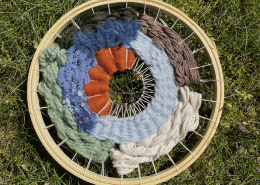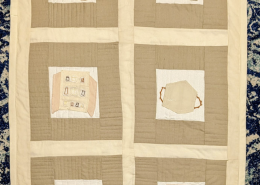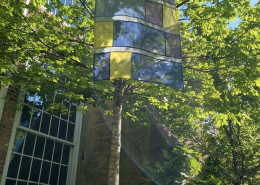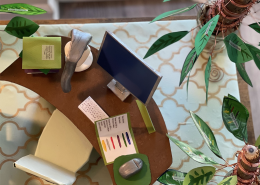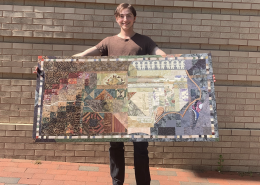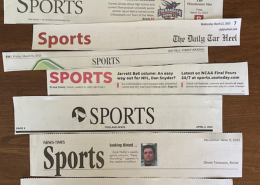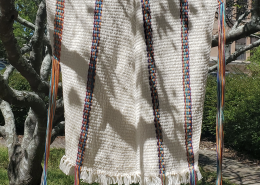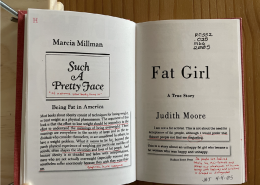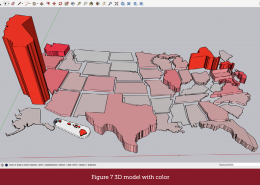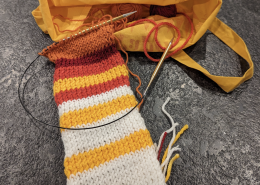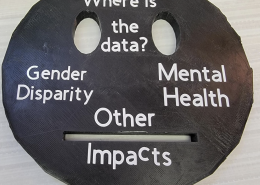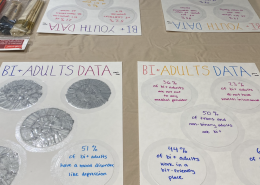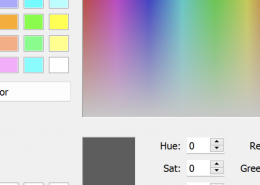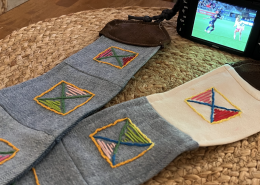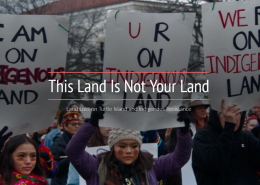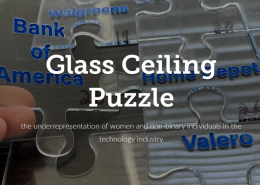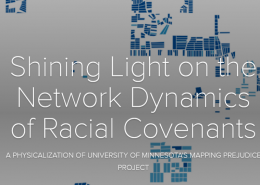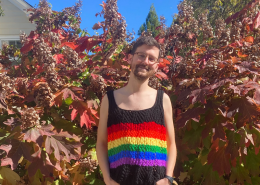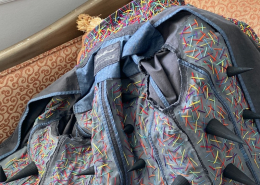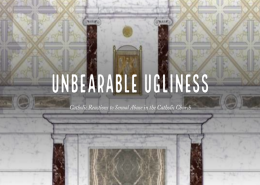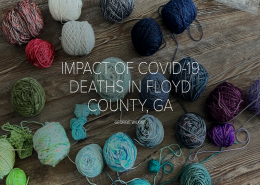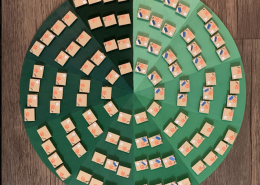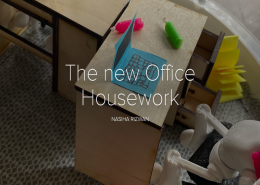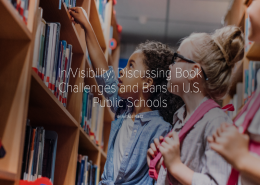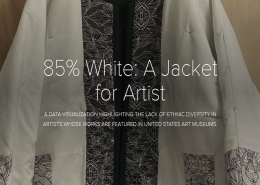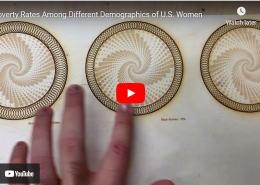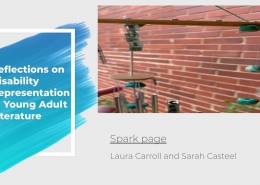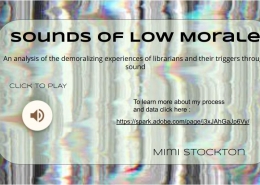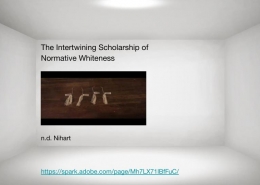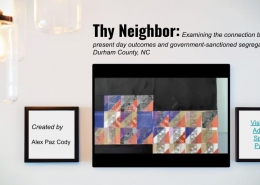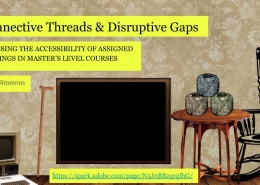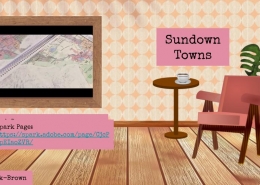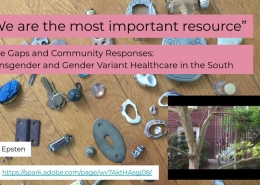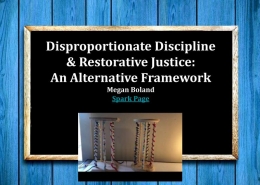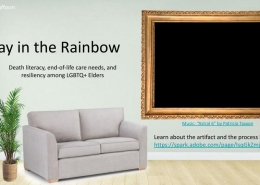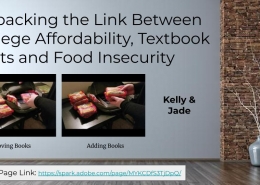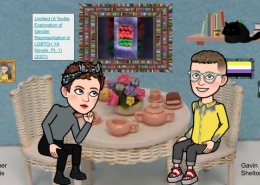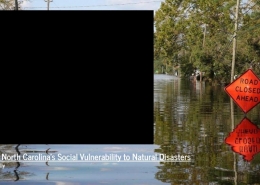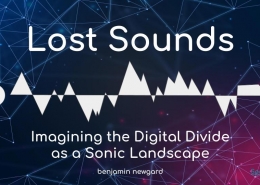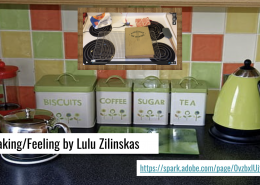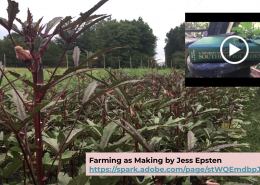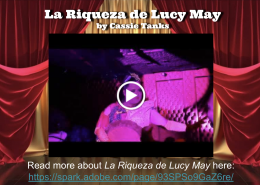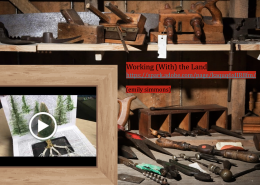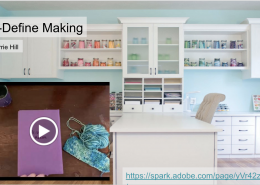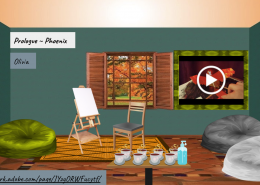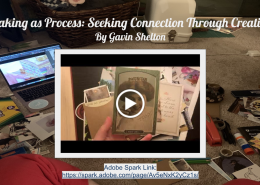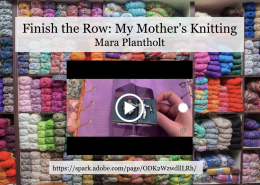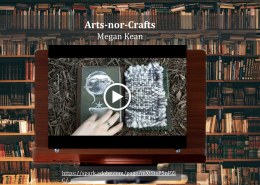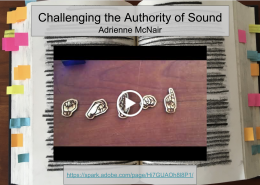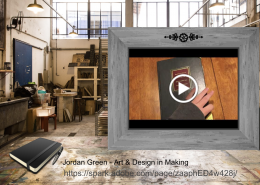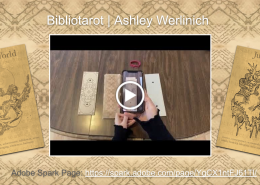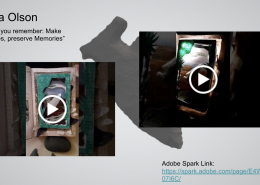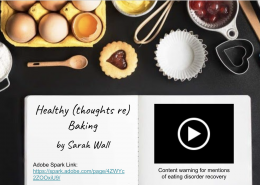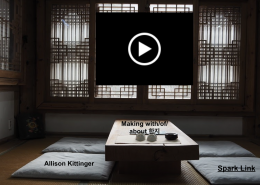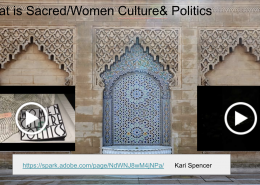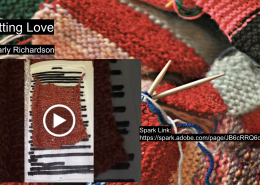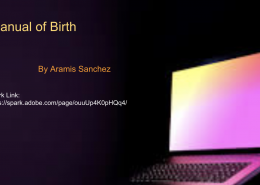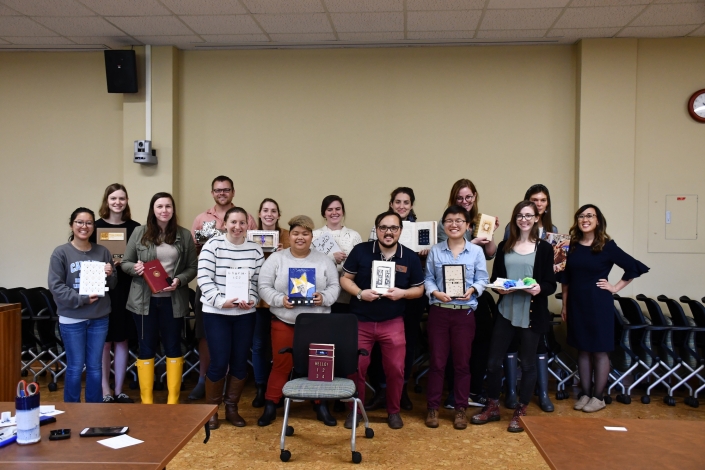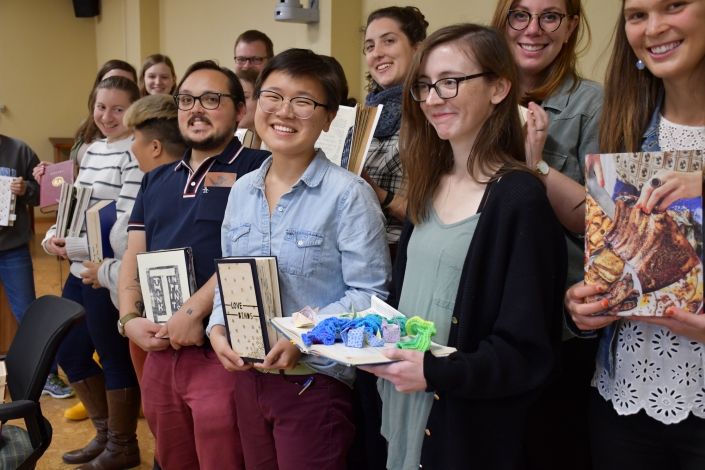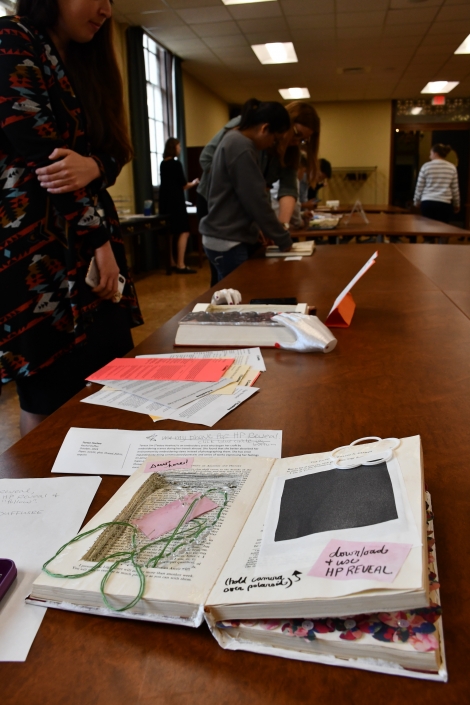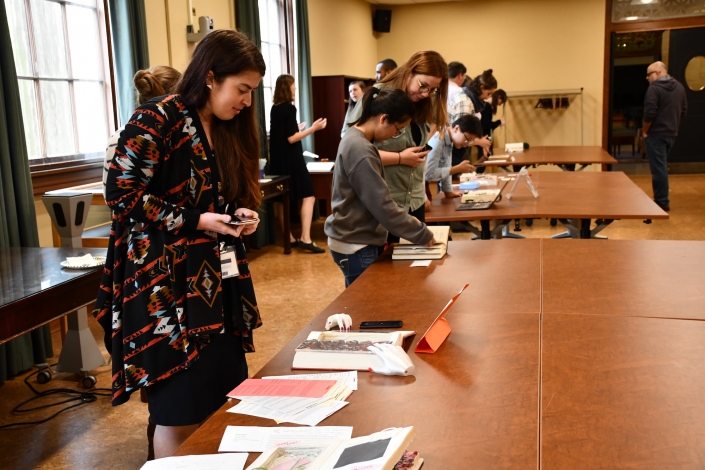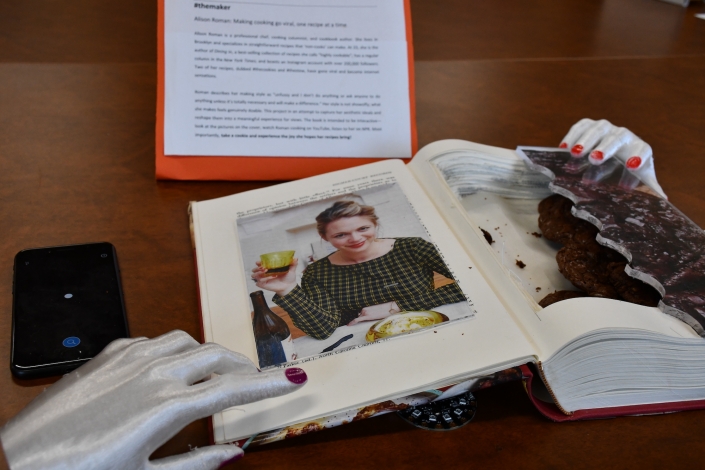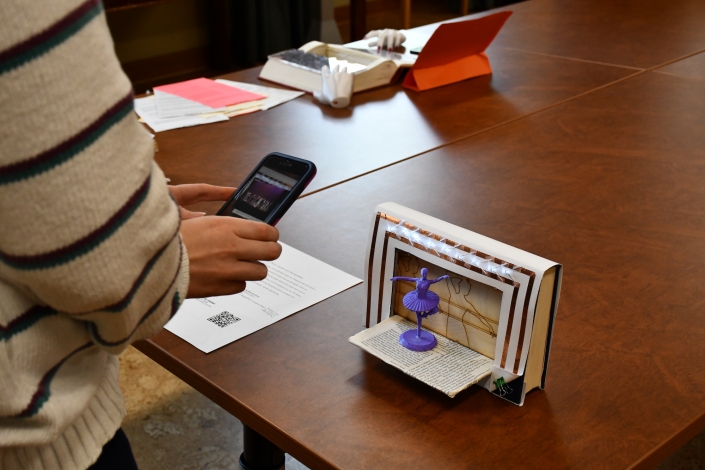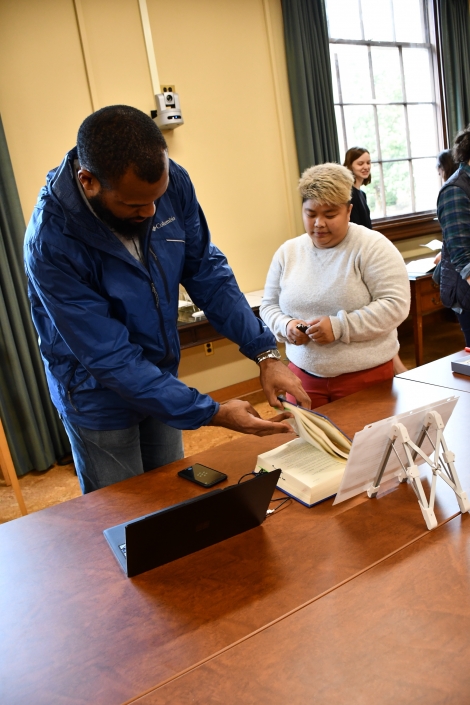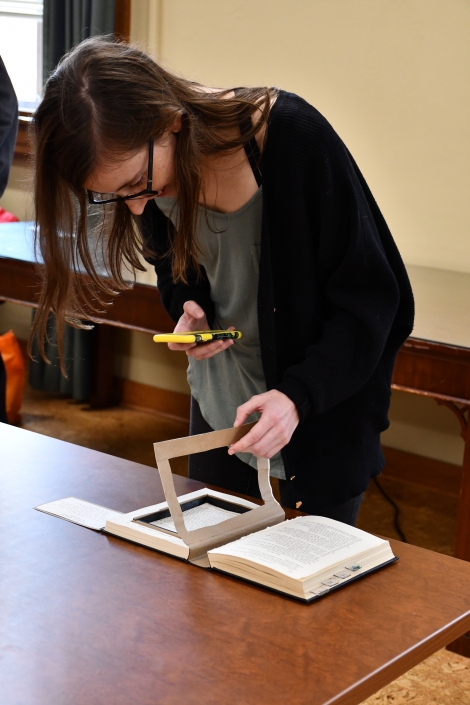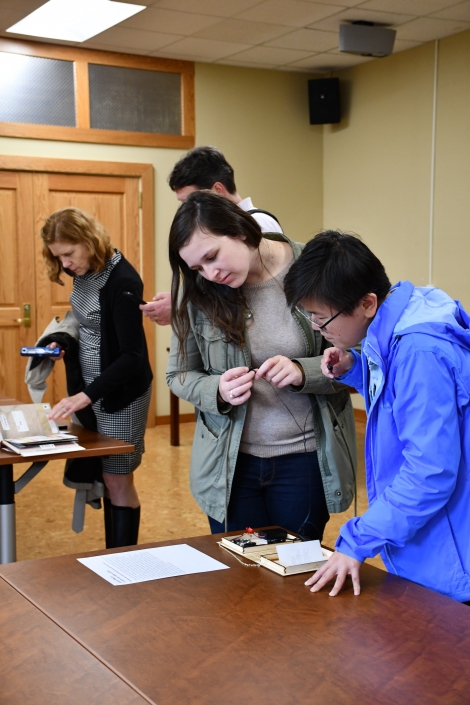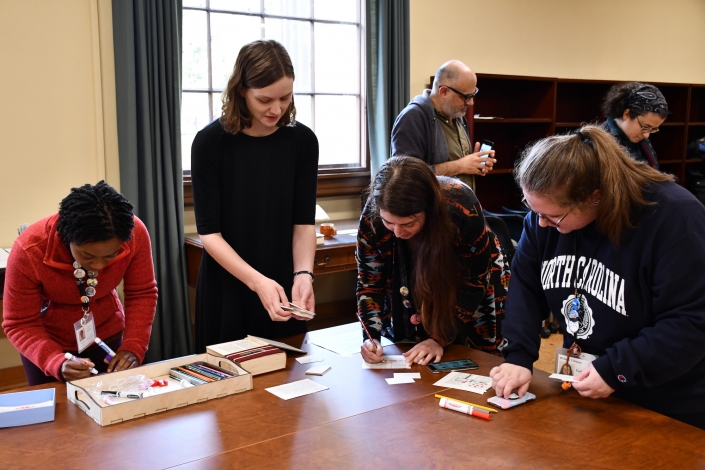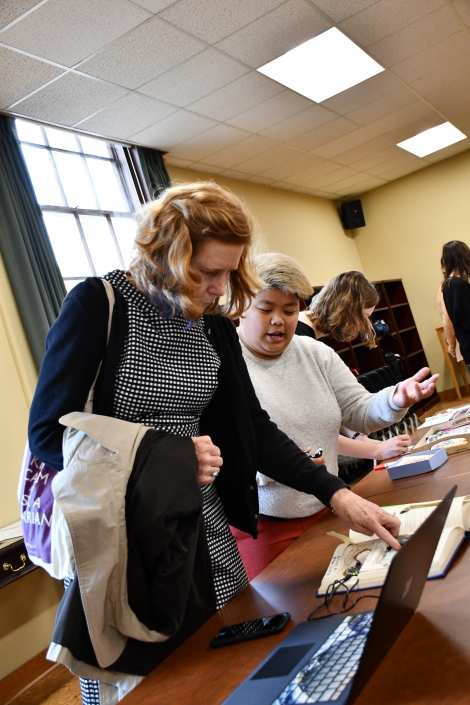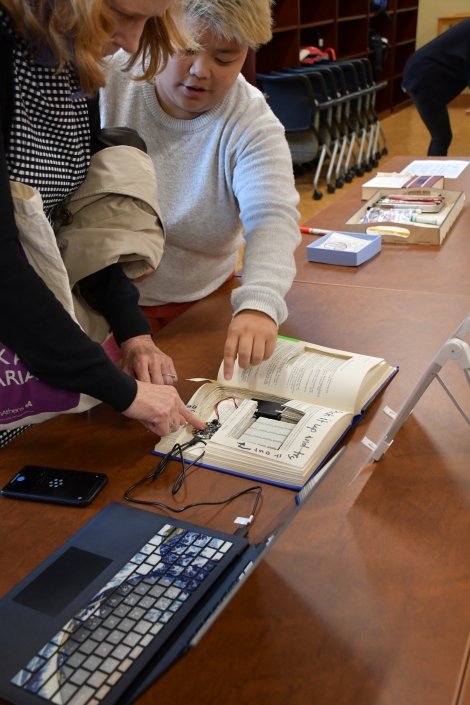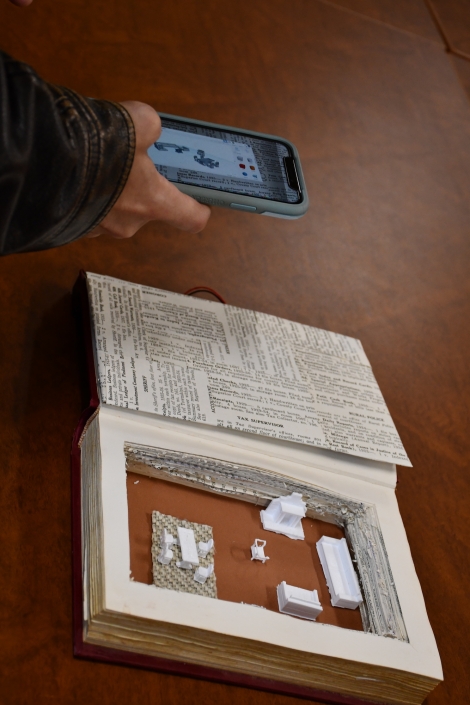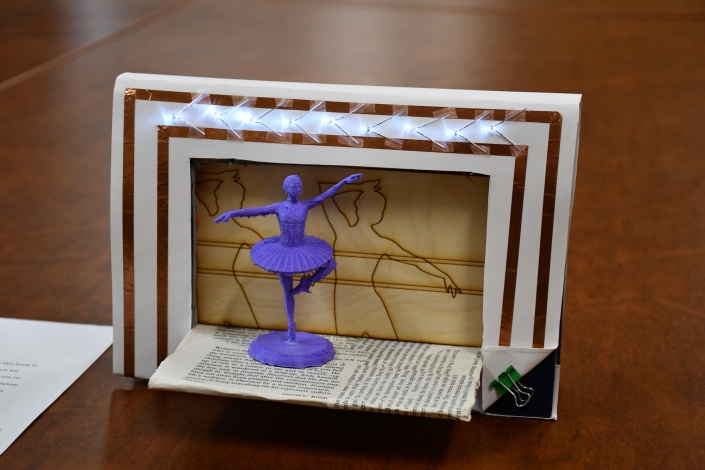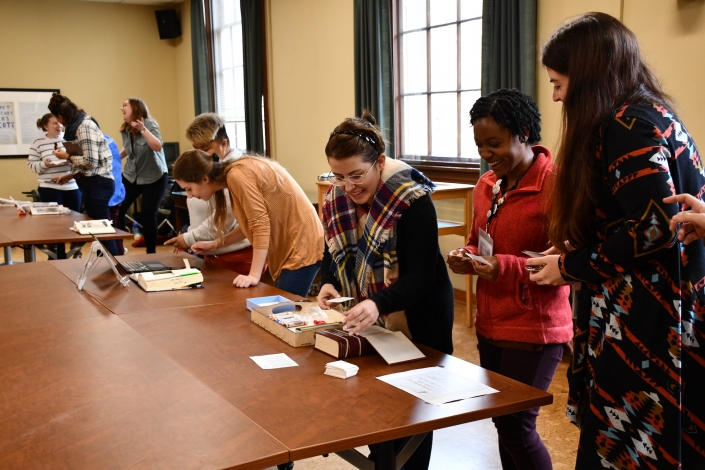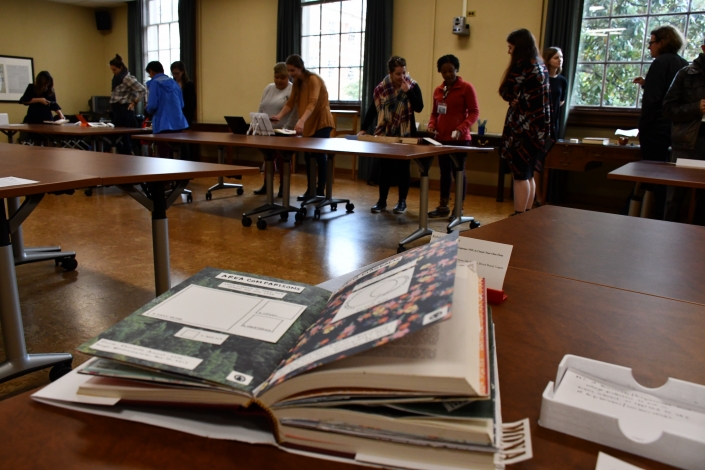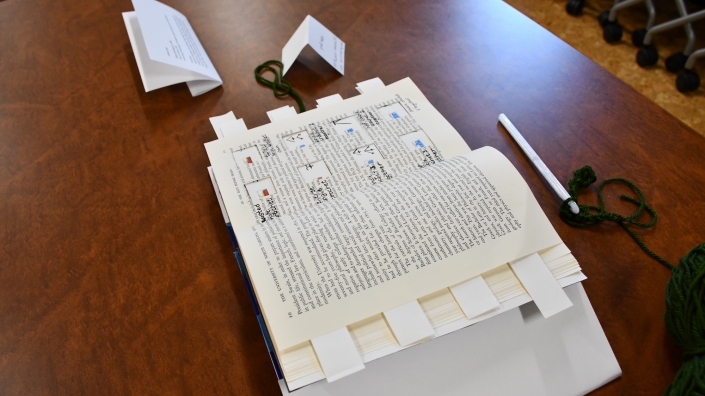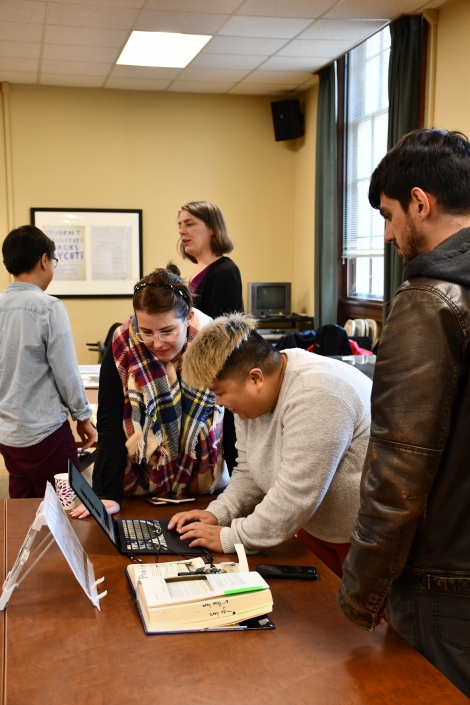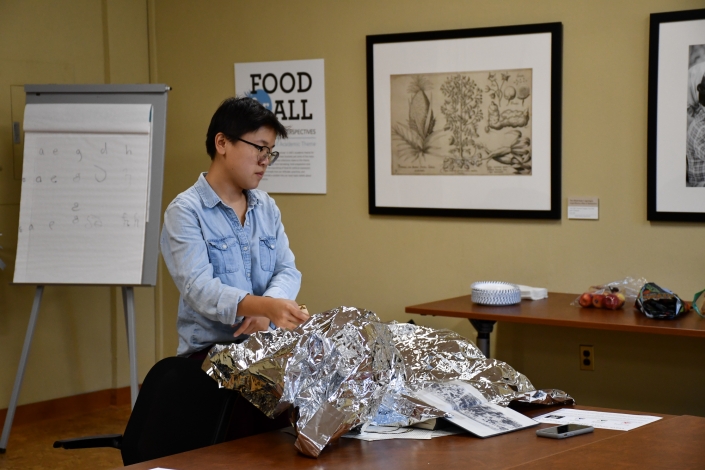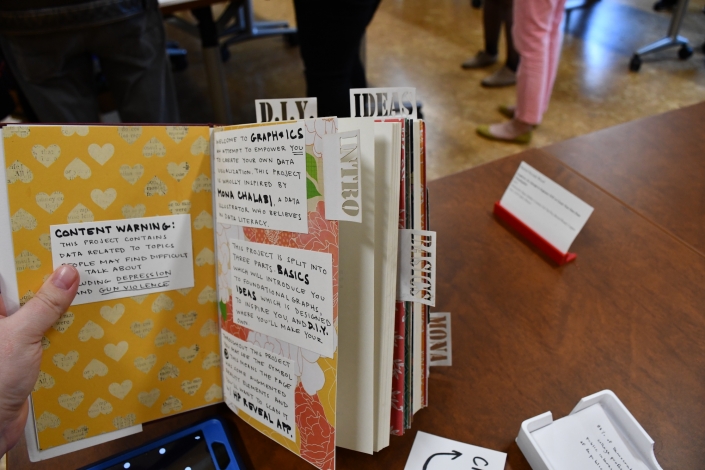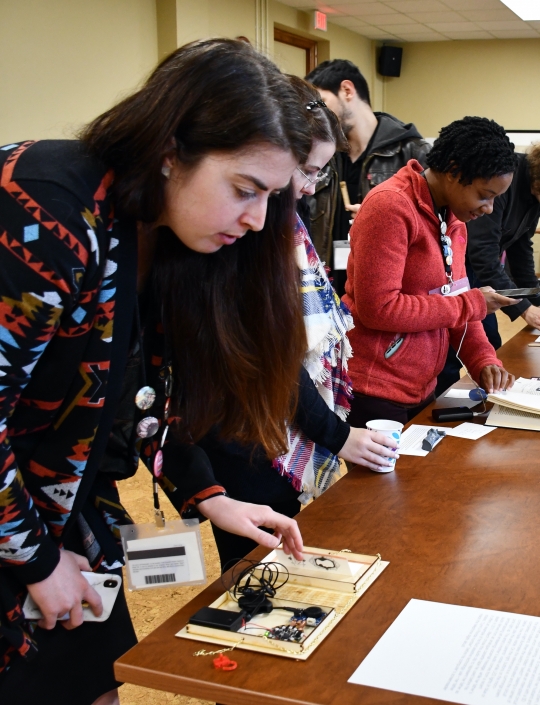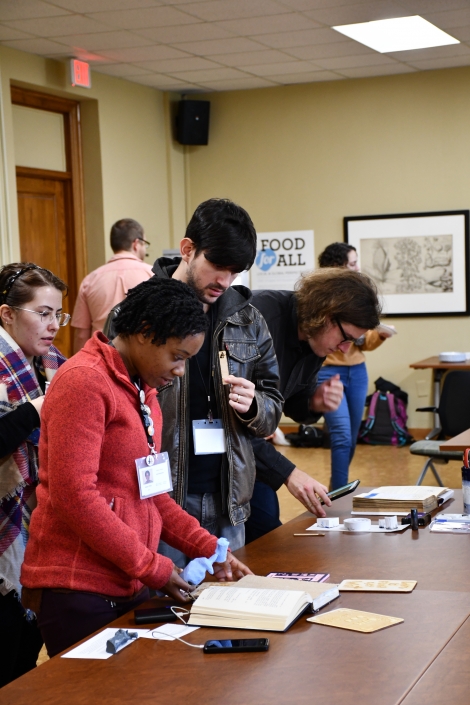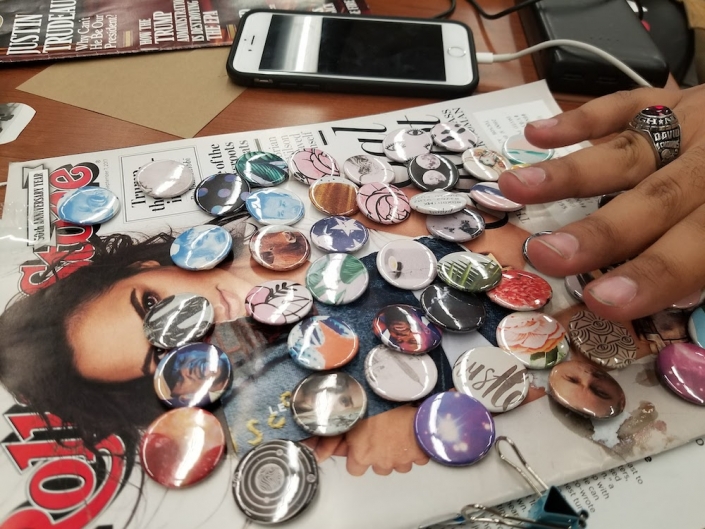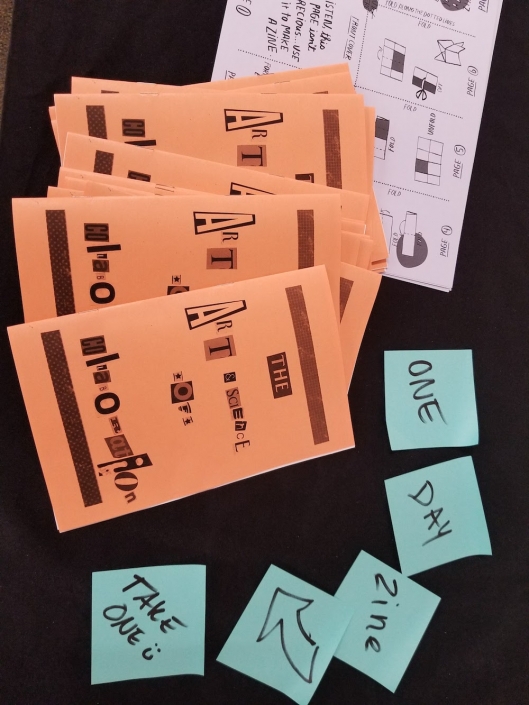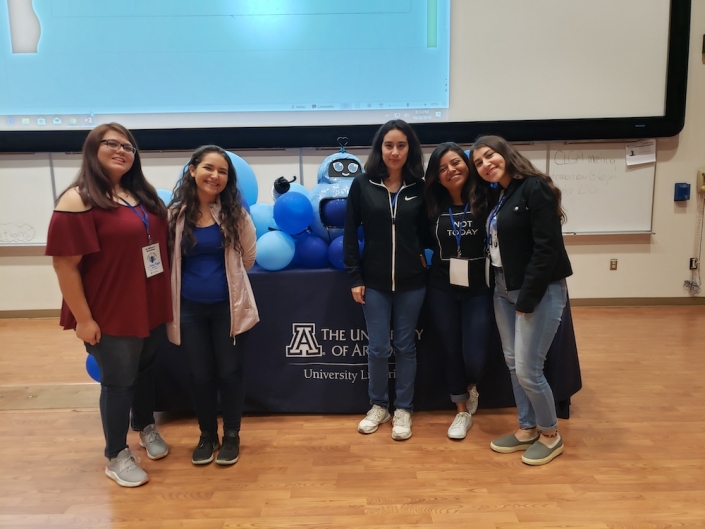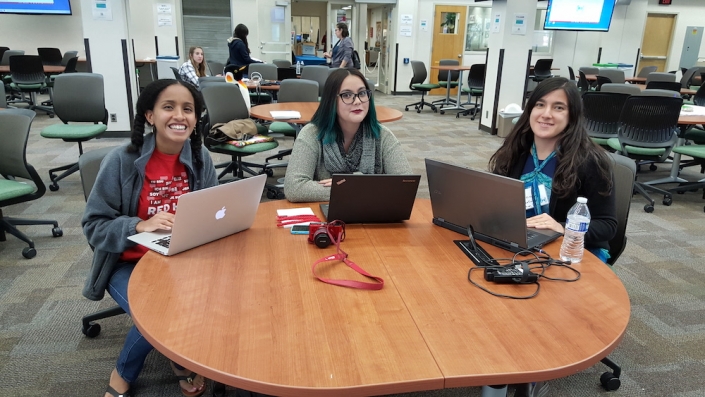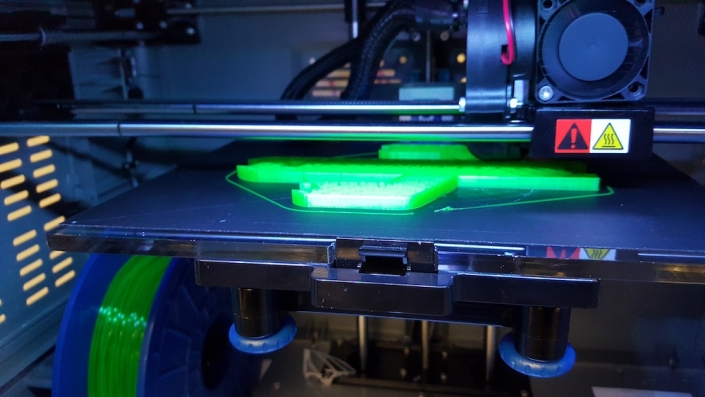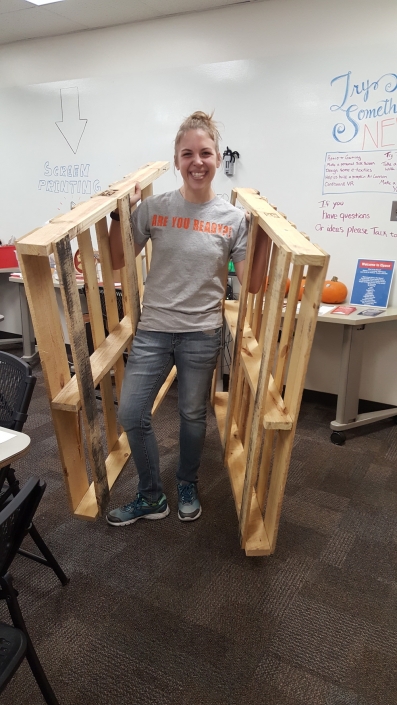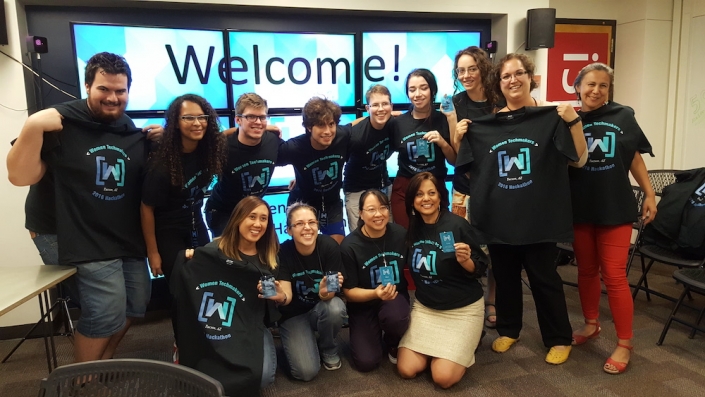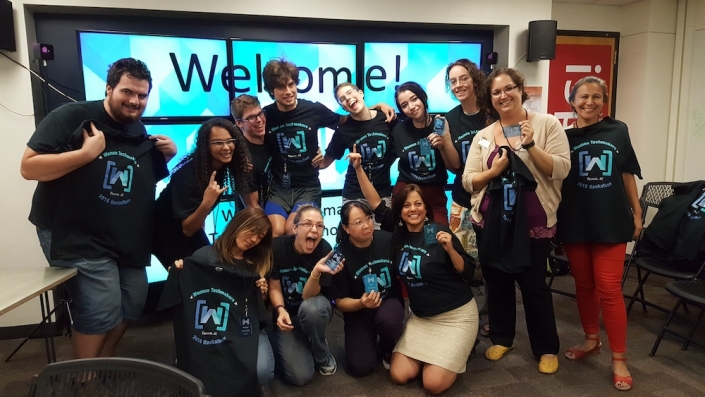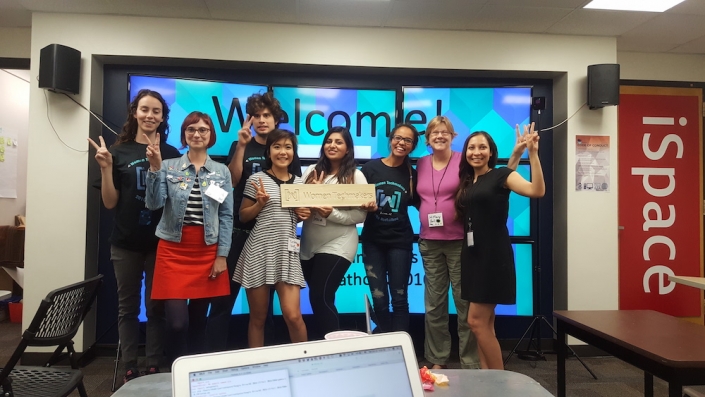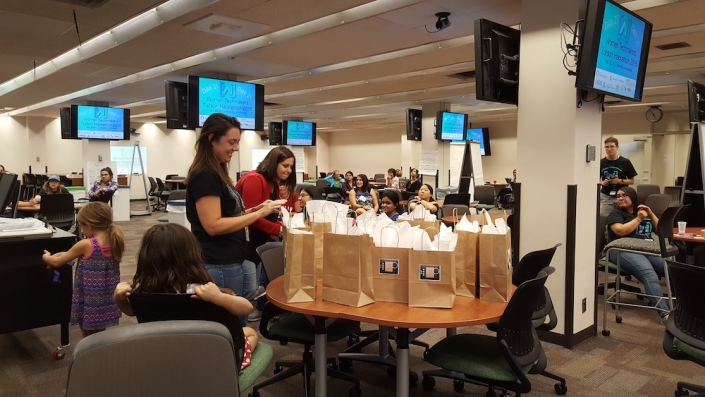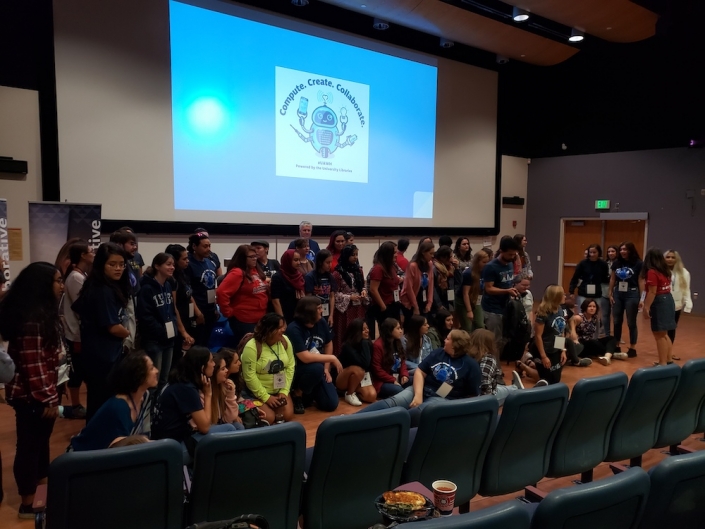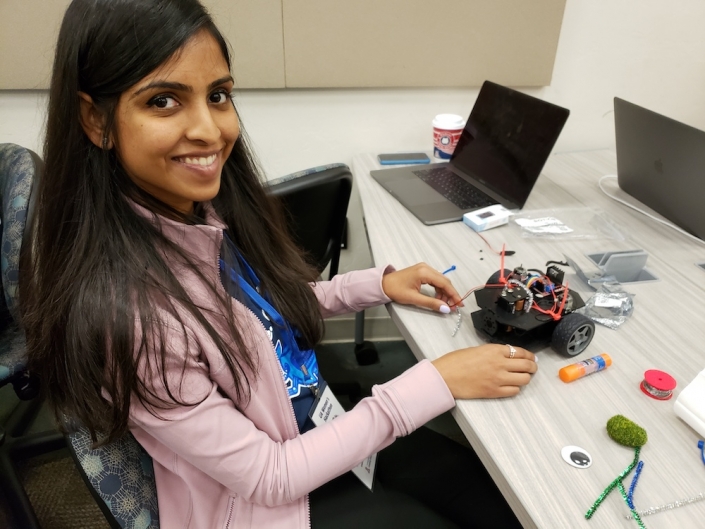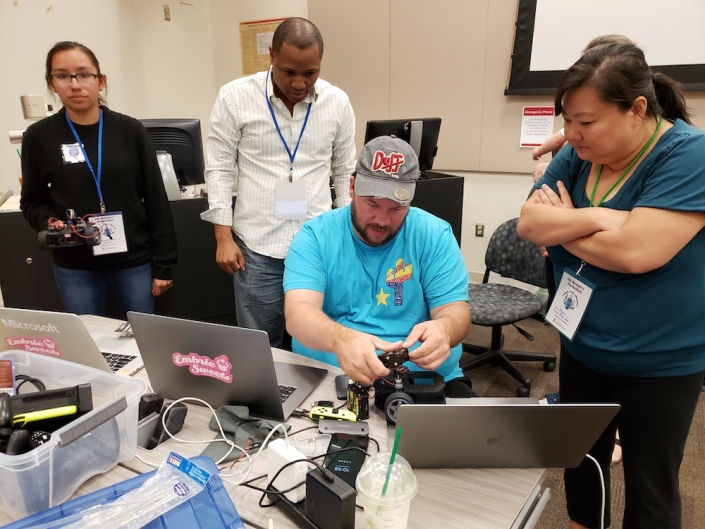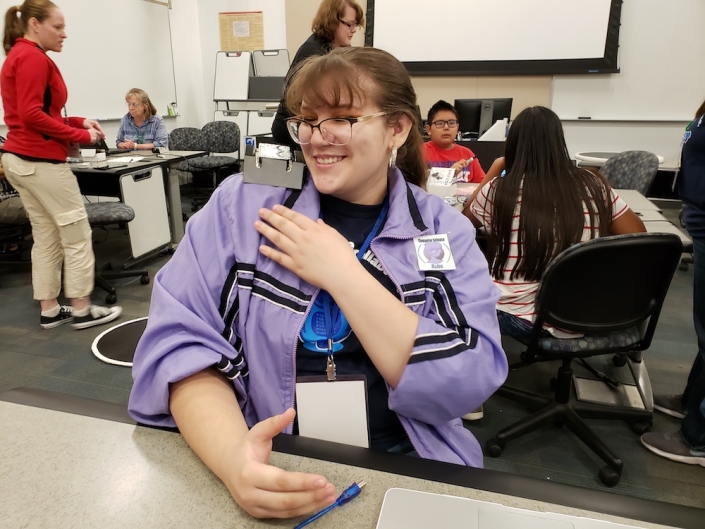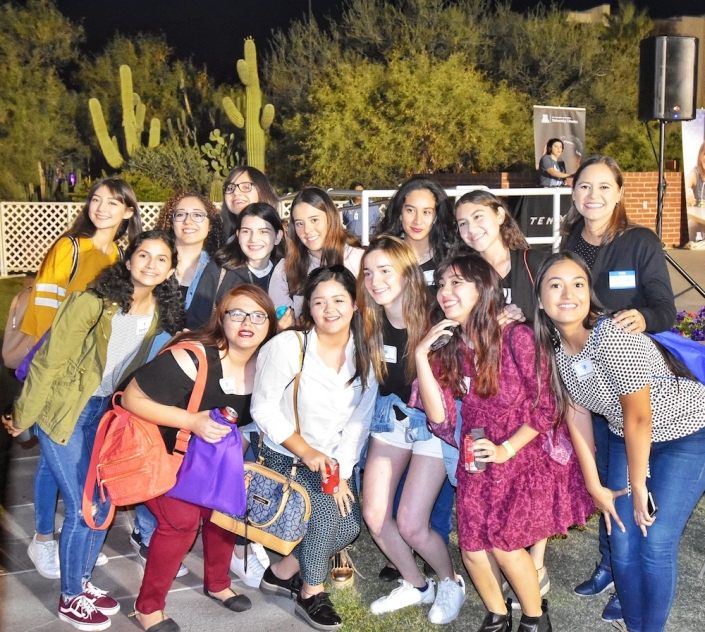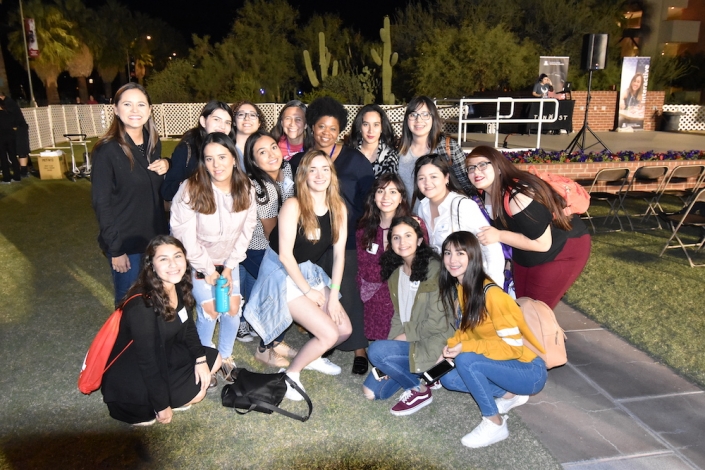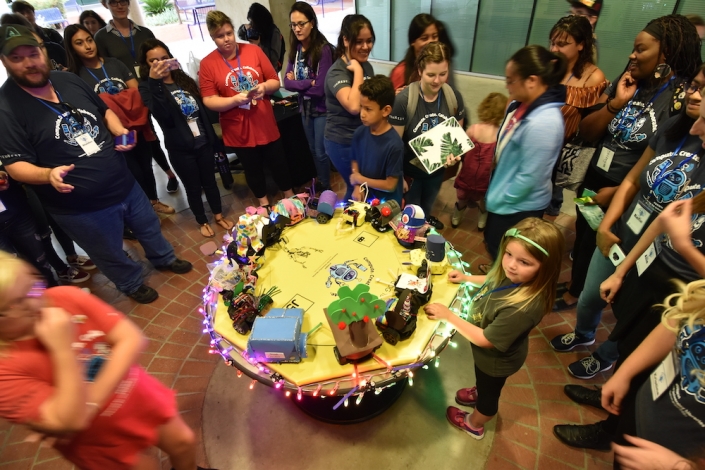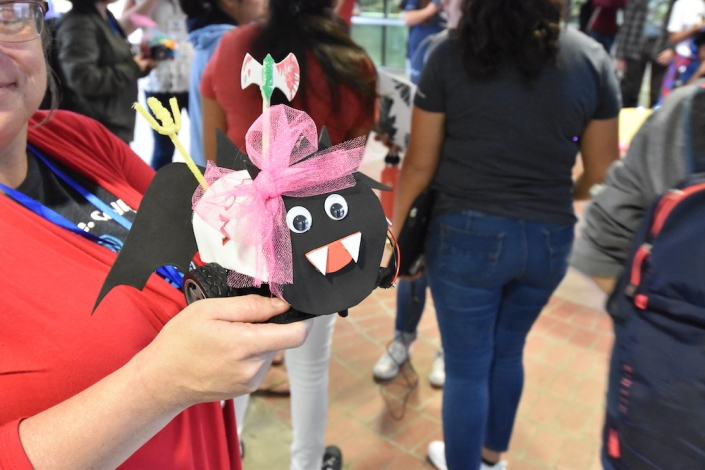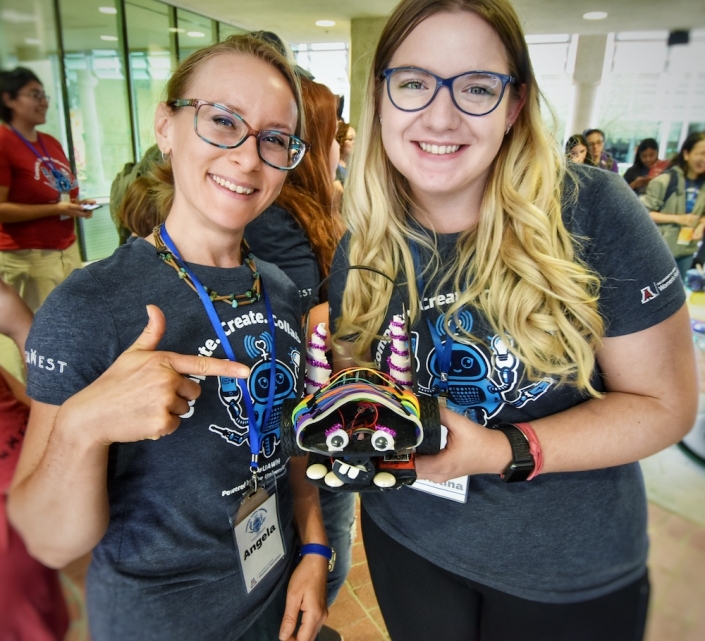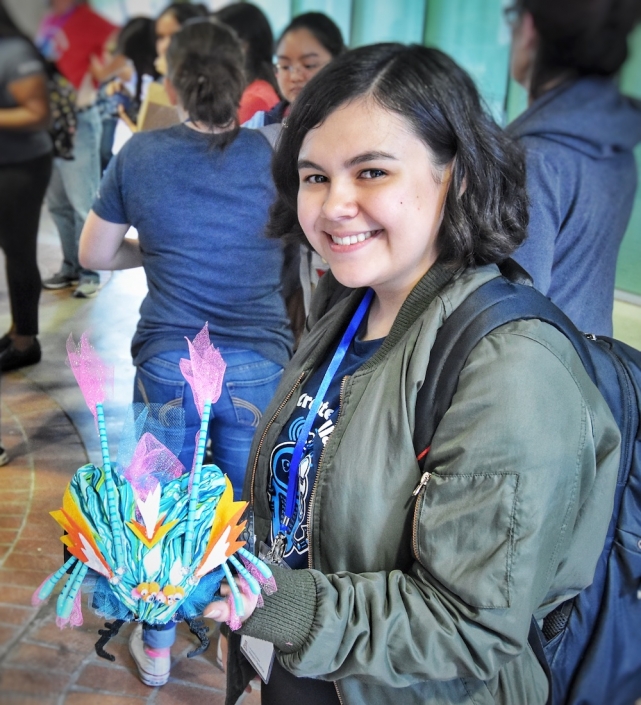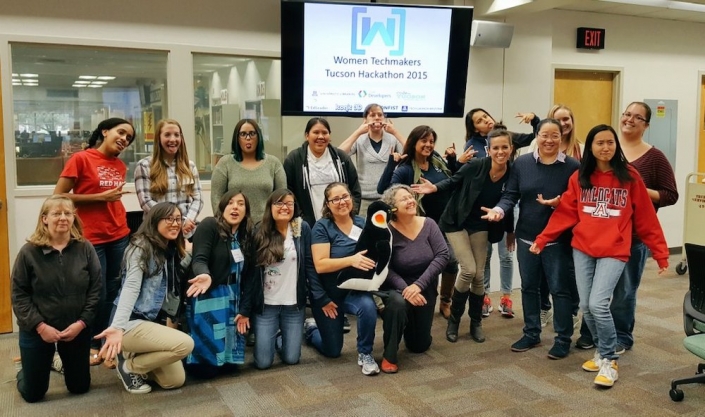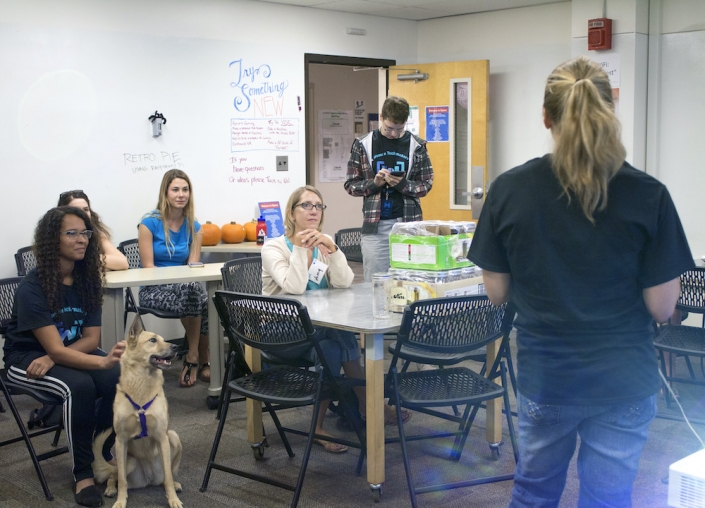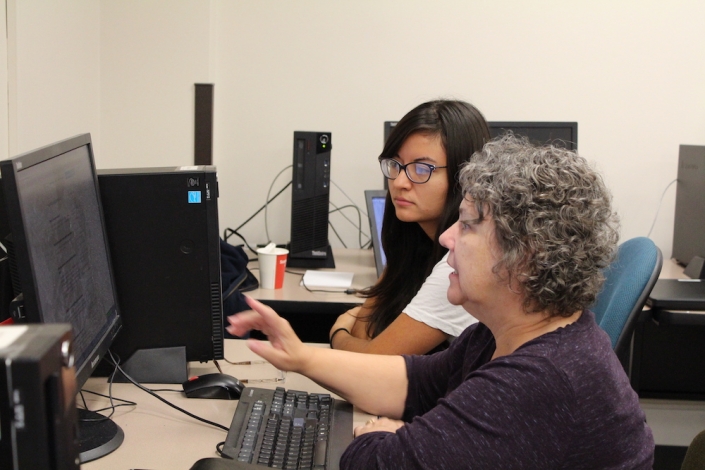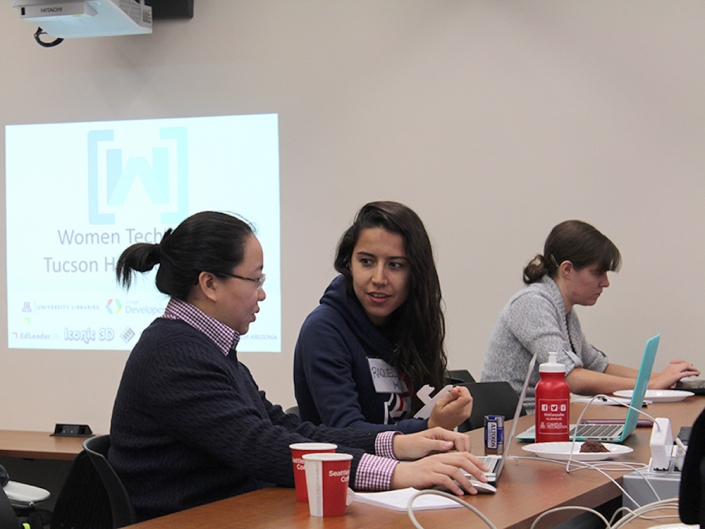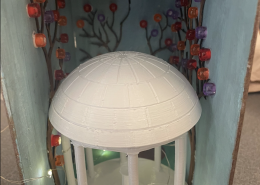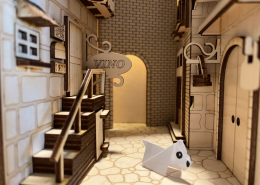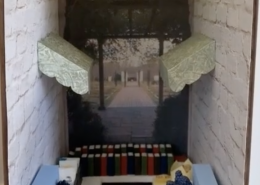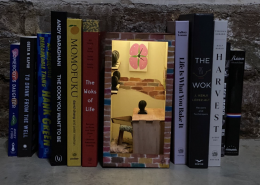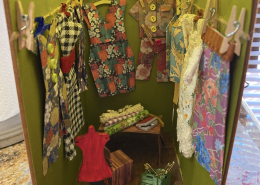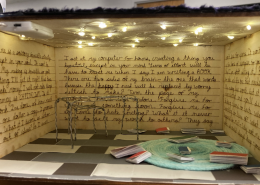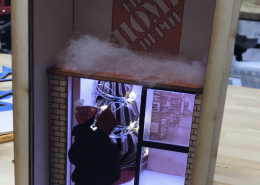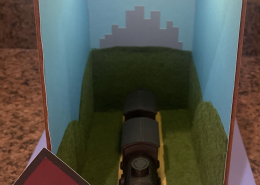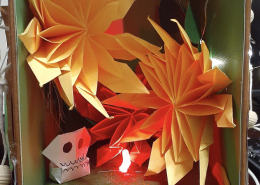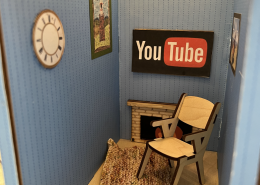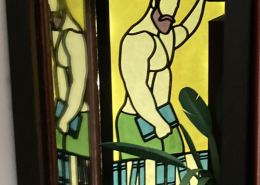
Publications
- Melo, M., & Rodney, R. (2023). The Power of First Impressions: Exploring the Design Impact of ‘Small Details’ and Signage for First-time Makerspace Users. 7th International Symposium on Academic Makerspaces (ISAM).
- Melo, M. & Rodney, R. (2023, October 11). Space invaders: First-time Users Feel Like Intruders in the Makerspace. Library and Information Science Research, 45(4), 101264. https://doi.org/10.1016/j.lisr.2023.101264
- March, L. & Melo, M. (2021, December 9). It’s Time to Tackle Perfectionism Head-On in the Classroom. Times Higher Education (THE).
- Melo, M. & March, L. (2021, October 11). By the Book: A Pedagogy of Authentic Learning Experiences for Emerging Makerspace Information Professionals. Journal of Education for Library and Information Science (JELIS). DOI: 10.3138/jelis-2020-0046
- Melo, M., March, L. & Hirsh, K. (2021, September 22). Examining the Impacts of the COVID-19 Pandemic on Library Makerspaces and LIS Makerspace Curricula. ALISE: The Association for Library and Information Science Education Virtual Conference.
- Melo, M., March, L. & Hirsh, K. (2021, July 15). A Hidden Link to Foster Equity and Inclusion? A Study on the Defining Features of Academic Makerspaces. MIRA: Makerspaces for Innovation and Research in Academics Conference.
- Melo, M. (2020). How Do Makerspaces Communicate Who Belongs? Examining Gender Inclusion through the Analysis of User Journey Maps in a Makerspace. Journal of Learning Spaces, 9(1).
- (2019). From Needs Analysis to Power Analysis: A Framework to Examine and Broker Power in Makerspaces. Re-making the Library Makerspace: Critical Theories, Reflections, and Practices. https://doi.org/10.17615/jmes-rx78
- Melo, M. (2019). Developing LIS Curricula for Information Professionals in Library Makerspaces. ALISE 2019 Proceedings.
- Melo, M., Bentley, E., McAllister, K. S., & Cortez, J. (2019). Pedagogy of Productive Failure: Navigating the Challenges of Integrating VR into the Classroom. Journal for Virtual Worlds Research, 12(1).
- Melo, M. (2018, May 3). Pedagogical Violence and the Power of Language. Hybrid Pedagogy. ISSN 2332-2098.
- Melo, M. (2018). Knotty Cartographies: Augmenting Everyday Looking Practices of Craft and Race. Craft Research, 9(1), 59-74.
- Nichols, J., Melo, M., & Dewland, J. (2017). Unifying Space and Service for Makers, Entrepreneurs, and Digital Scholars. portal: Libraries and the Academy, 17(2), 363-374.
Products of Engaged Scholarship
Images & Photographs
Data Physicalization Artifact Showcase 2024
Students in INLS 737-Spring 2024: Information Professionals in the Makerspace created thought-provoking data physicalization artifacts based on critical social issues. Topics covered include PTSD, language diversity, gender disparities, communication in health industries, and others.
Each project explores the ethics and politics of data visualization through critical lenses and uses rhetorically persuasive arguments, videos and images to make its case. Students explain the dataset, the data visualization process, and the rationale in Express websites which can be found below.
Data Physicalization Artifact Showcase 2023
Students in INLS 690-Fall 2023: Information Professionals in the Makerspace produced thoughtful creations of data physicalization artifacts based on critical social issues. Topics covered include gender identity and inequalities, LGBTQ+ rights, abortion laws, and others.
Each project explores the ethics and politics of data visualization through critical lenses and uses rhetorically persuasive arguments, videos and images to make its case. Students explain the dataset, the data visualization process, and the rationale in Express websites which can be found below.
Data Physicalization Artifact Showcase 2022
Students in INLS 690-Fall 2022: Information Professionals in the Makerspace produced a dynamic variety of projects through the thoughtful creation of data physicalization artifacts based on critical social issues. Topics covered include gender identity, racial injustice, prejudice, slavery, COVID-19, representation of the LGBTQ+ community, sexual abuse in the Catholic Church, languages and education, gender inequality in workplaces, censorship/banned books, and poverty.
Each project explores the ethics and politics of data visualization through critical lenses and uses rhetorically persuasive arguments, videos and images to make its case. Each has a Spark page that encapsulates the choice of a dataset, the data visualization process, and the rationale.
Data Physicalization Artifact Showcase: Inclusive Information Services for Diverse Populations
Symposium on Information for Social Good – April 14, 2021
Each data physicalization artifact and contains a video and Spark page that details the making process and rationale governing each piece. For more context, please refer to the assignment. Artifacts center on a range of topics such as gender representation in LGBTQ+ YA novels, textbook prices and food insecurity, and restorative justice.
These pieces were presented via a virtual presentation and viewers were encouraged to leave digital feedback.
Maker Culture Counternarratives: Bibliocircuitry Project Showcase 2020
This project is a reflective design challenge: how can we punctuate the familiarity and ordinariness of a book? This project was inspired by Hancock et al.’s term, bibliocircuitry: the use of “physical books as platforms for experimenting with computation” (78). Students both disrupted and extended dominant narratives around maker culture through the creation of a book artifact that tells a (counter)story. Specifically, each artifact has the following features:
- A clear focus on a maker (broadly defined as it should be)
- The artifact either tells a story, displays a scene, captures a feeling, etc. Students were encouraged to be as literal or figurative as they’d like.
- The thoughtful and intentional integration of at least 3 of the following technologies: 3D printing, laser cutting, augmented reality, paper crafts, circuits, micro-controllers.
- Students were encouraged to incorporate previous skills to count for one of the technologies used in this project.
Over the course of several weeks, students from Maggie Melo’s INLS 690: Information Professionals in the Makerspace course used their newly learned technical skills (e.g. laser cutting, 3D printing, augmented reality, etc.) to transform books into new, tech-infused stories. They showcased their work at “Old Books, New Stories: Storytelling with Tech-Infused Books” on Oct. 16, 2019 in Wilson Library. Photo credit: Katherine Perales
The UA Women’s Hackathon (formerly known as the Women Techmakers Tucson Hackathon) is an annual hackathon for women and non-gender binary participants. It is the first hackathon of its kind in the Southwest. These photographs were taken between 2015 and 2019.
Book Nooks Project, Fall 2022
How can we punctuate the familiarity, the ordinariness of a book?
This project was inspired by Hancock, et. al.’s term, bibliocircuitry which is defined as the use of “physical books as platforms for experimenting with computation” (78)1. As Hancock, et. al. note, reflective design helps to discover the “fault lines in the objects, artifacts, or systems being explored” in order to imagine otherwise (76). This class extended their foundational understanding of maker culture by both extending the concepts learned previously and by trying our hand at a maker project that engages our newly learned (or refined) technical abilities. Students “imagine[d] otherwise” by creating a book artifact that tells a story.
These projects included the thoughtful and intentional integration of at least 3 of the following technologies:
- 3D printing
- Laser cutting
- Augmented reality
- Paper crafts
- Circuits
- Micro-controllers

